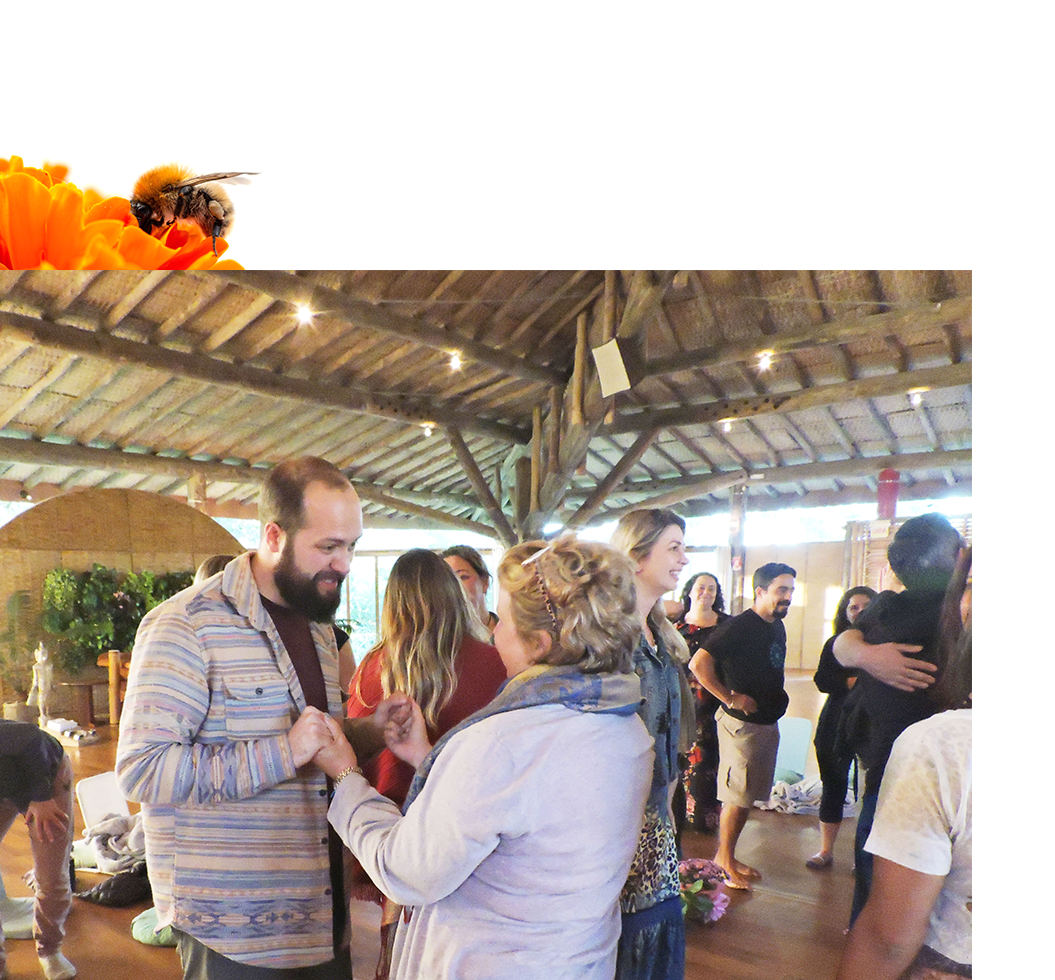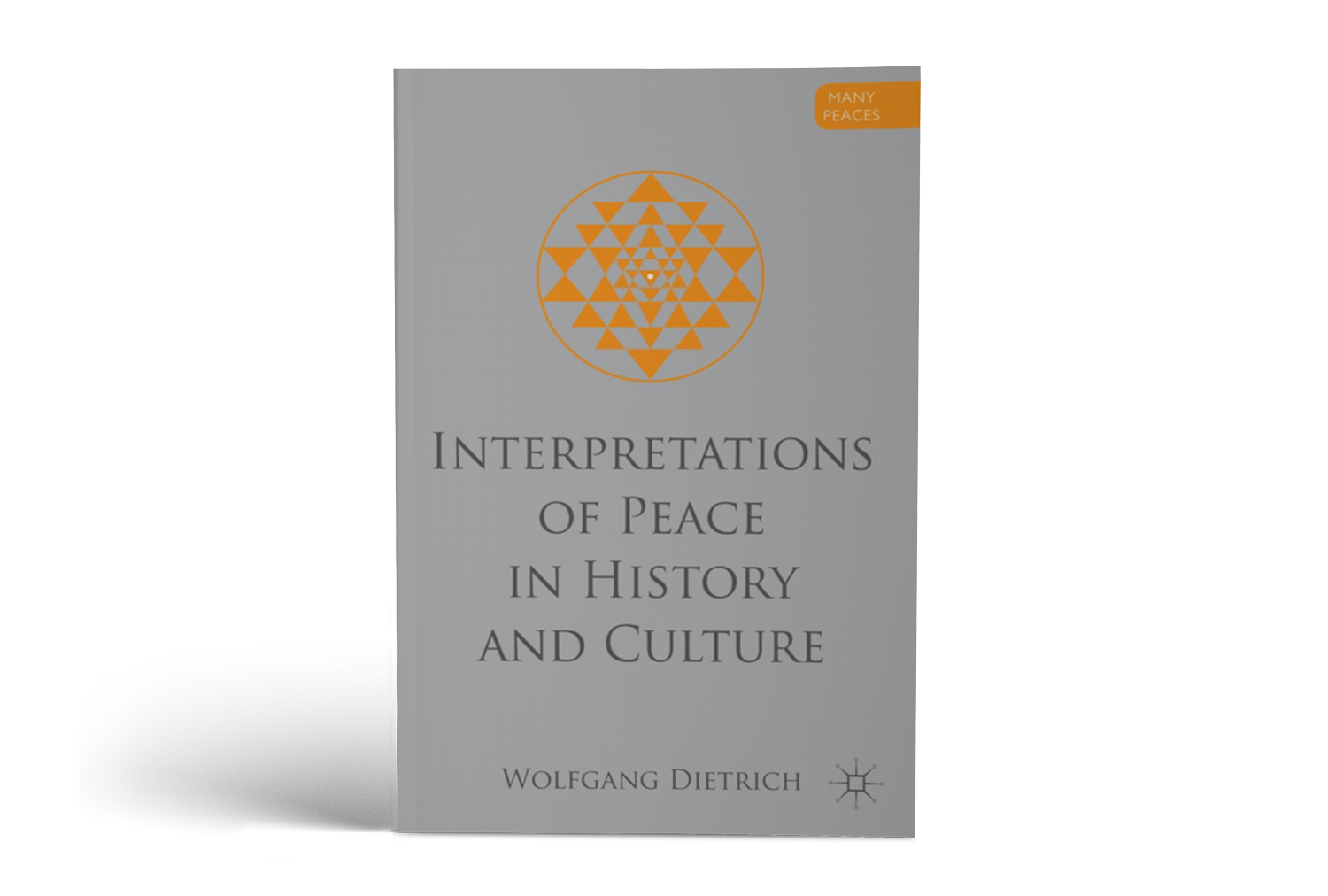

What moves us
Providing meaningful education through our programs, where intellectual knowledge goes through experience and provide opportunities to connect people in a free, inclusive, and plural way. Stimulating the creative, self-reflexive and collaborative potential to develop awareness about intra and interpersonal conflicts.

612
people from different parts of brazil were directly impacted through our programs since 2015.

130
people from different parts of the world were directly impacted through our programs since 2016.
As an academic discipline, the PCS is less than 100 years old and remains in a constant state of development, being continually shaped and refined. Through research, educational activities and practices, the field seeks to investigate the nature of conflicts, violence and its roots, the relations of power in conflicting systems and the transformative processes that lead to a dynamic and inclusive peace.


Issues related to Peace and Conflict have been a perennial concern across cultures throughout human history. We are essentially relational beings, and in the complexity of our relationships, of course, conflicts emerge. Conflicts are part of life, the point is how we deal with them.
It is through our relationships that we derive meaning and understanding of our place in the world. Emotions arise and as a result tensions and conflicts emerge. PCS offers practices, tools, theories and training that seeks to allow our socioemotional skills to flourish allowing us to deal with conflict effectively, compassionately, constructively and conscientiously.
To become a peace worker is to be open to continually changing worldviews and to observe destructive patterns to transform them into more wholesome ones. This work is a transformative art. A peace worker, just like an artist, prepares through developing their techniques, theories, and practices. This constant journey of seeking to be skillfully equipped involves training in openness and learning to "be structured in order to be flexible." The invitation is for each peace worker to "be their own chairperson" (a saying by Ruth Cohen). It is a call to self-accountability for one's own intrapersonal and interpersonal experiences. Being a peace worker is training in lovingness and sensitivity. It means learning to act out of serenity. It is allowing things to arise, to manifest, but also to dissolve, for that is the nature of all experience. It is to develop the awareness that we are interdependent, so our thoughts, actions, and attitudes affect the whole, and the thermometer of our training can be measured in how constructive our action in the world is.


Working with these issues is - at the same time - an art and a skill. Peace workers are invited to go beyond the mere technicality from methods and theories. They need to see their work as a creative act in constant movement and transformation, something closer to the artistic search than a technical process. Peace workers are willing to risk to the unknown.
“ It is a journey for great explorers in search of their vocation. Finding vocation is the same as finding oneself, and from this encounter, it is possible to understand one’s place into the world (Lederach*, 2011).”
* John Paul Lederach, Founder of Conflict Transformation and Professor Emeritus Joan B. Kroc Institute of International Peace Studies at the University of Notre Dame and Eastern Mennonite University.

General public
People who experience conflict in their lives - it means all of us - and who wish to develop socioemotional skills and tools to deal with them and transform them nonviolently in both professional or personal environment.

Professionals from all areas
People in the areas of entrepreneurship, law, education, psychology, diplomacy, art, health, politics, education, business and many others, who seek to develop or deepen their socioemotional skills and tools to transform conflicts.

Conflict workers
People who are already working with conflict - including, but not limited to, the judiciary and judicial mediation - who wish to develop and refine their socioemotional skills and tools to deal with conflicts and transform them nonviolently.
Lined up chairs, square rooms, white walls and cold classrooms? You sit and hear - sometimes without listening – as if you are a passive spectator of a teaching process that takes place vertically, compartmentalized and with the theories and practice being isolated from each other.

Transform yourself
If you are tired of this conventional system and are open to experience a non-conventional system based on a transformative academy? Then we have the right program for you.

All acquired knowledge will be put into practice in both personal and professional contexts and you will develop and deepen socioemotional skills to deal with conflicts in a nonviolent way. Our state-of-the-art facilitators will work closely with each Peace Worker, offering opportunities to flourish their constructive potentials so that learning become meaningful and the educational experience is transformative.
Between the immersive face-to-face immersive modules that is complementary contents at an online platform built exclusively for Peace workers:
Our publishing house was born in November of 2018 from the identification of a huge gap in Brazil: the lack of materials published in Portuguese language in the fields of:

If you have questions, ideas and suggestions, please, fill out the form below.


